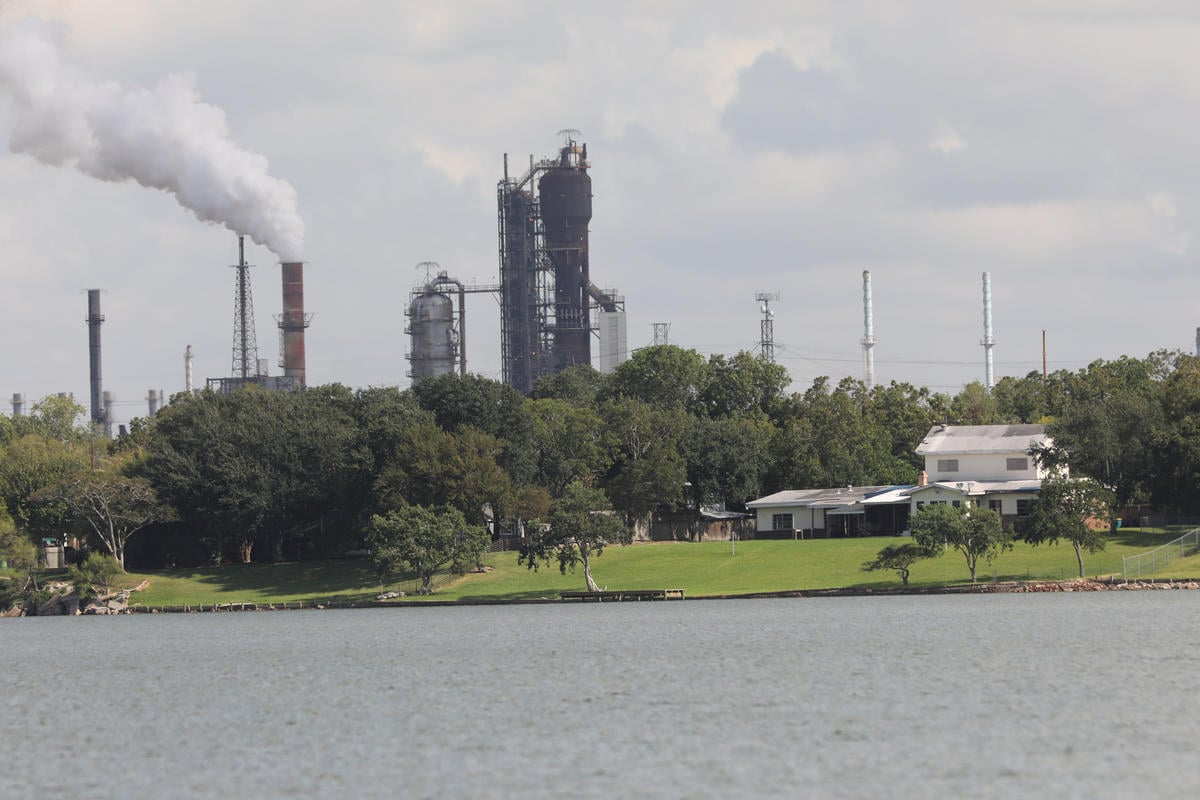TORONTO — Shell’s flagship carbon capture project has made over $200 million (CAD) selling emissions credits for reductions that never happened, according to a new investigative report Selling Hot Air from Greenpeace Canada. [1] The findings come as Canadian oil sands companies advertise carbon capture and storage (CCS) as a solution to oil sands pollution, while lobbying against regulations that would cap emissions from the sector. [2]
Freedom of Information documents obtained by Greenpeace show that Shell lobbied for and received a 2-for-1 deal during 2008 negotiations with the Government of Alberta as a way to further subsidize the project. Under this deal, Shell was able to sell credits for two tonnes of CO2 for every one tonne that it actually captured – and keep all the profits.
“Selling emissions credits for reductions that never happened is the worst kind of hot air, because it literally makes climate change worse,” said Keith Stewart, Greenpeace Canada’s senior energy strategist and author of the Selling Hot Air report. “The false promises and phantom emissions surrounding this project are a powerful illustration of why Canada needs a legislated cap on greenhouse gas emissions from the oil and gas sector.”
The report finds that when the value of phantom credits is added to the $777 million (CAD) in direct subsidies granted to Shell by the provincial and federal governments thus far, Canadian taxpayers covered 93% of the costs of Shell’s Quest CCS project. The Quest project has reported $126 million (CAD) more in revenue than expenses as of the end of 2022.
The provincial government of Alberta and companies involved in the oil sands have long touted CCS as the answer to environmental concerns about producing more fossil fuels. Over the years they have advertised ambitious targets for capturing CO2, including Alberta’s 2008 climate plan calling for 30 million tonnes of carbon capture by 2020, but have fallen far short.
The Quest carbon capture and storage project avoids less than one million tonnes of emissions per year. Meanwhile, greenhouse gas emissions from the oil sands have increased by 50 million tonnes since Shell started design work on the project in 2005 and by 16 million tonnes since its first full year of operation in 2016.
“This was all legal, but that doesn’t make it right,” said Stewart. “Those who have polluted and profited the most must be held accountable. We need oil companies to start phasing down production, while financially supporting the most vulnerable people, communities, and countries in their transition to clean, renewable energy.” [3]
The report also notes that in its November 2023 report on oil industry’s role in the energy transition, the International Energy Agency said that oil and gas companies must phase down production and that carbon capture has very limited potential to reduce full lifecycle emissions, so should not be used as an excuse to retain the status quo.
Notes to editor:
[1] Data drawn from Alberta’s carbon credit registry and Shell reports to the Government of Alberta show that in the 2015-2022 period, the profits from these 5.7 million tonnes of ‘phantom’ (labeled ‘additional’ in the registry) credits amounted to $203 million (CAD), i.e. 50 percent of the $406 million in revenue from “base and additional” credits that Shell reported to the Alberta government in annual filings on the project. The ‘phantom’ credits do not correspond to any captured or avoided carbon.
[2] https://thenarwhal.ca/pathways-alliance-emissions-cap/
[3] Greenpeace Canada is calling for a windfall profit tax on oil companies to invest in climate solutions and address the affordability crisis worsened by the high cost of fossil fuels and climate-fueled disasters. In its most recent budget, the federal government failed to ensure that polluters pay their fair share by extending the windfall profits tax to the oil and gas sector.
For more information, please contact:
Keith Stewart, Senior Energy Strategist, Greenpeace Canada, [email protected], (416) 659-0294




Discussion
Warning! Be alert for climate fraud makers! The contents of this report will unveil Shell’s grand illusion—selling $200 million in phantom emissions credits. As we address this revelation, we call on Verra Gold Standard, BioCarbon Standard and SustainCERT to uphold the highest levels of integrity. Now, more than ever, integrity is crucial—we’ve put our faith in you; don’t fail us. Get ready for a master class in how not to save the planet! Cc: The Integrity Council for the Voluntary Carbon Market (ICVCM) ; VCMI
Do these phantom credits have any maturity potential or are they just completely void of historical controlled growth?Have these companies even considered achieving a comprehensive legacy credit approach?Does Greenpeace Consider most tree growth to have happened like it would have anyways with or without human intervention?